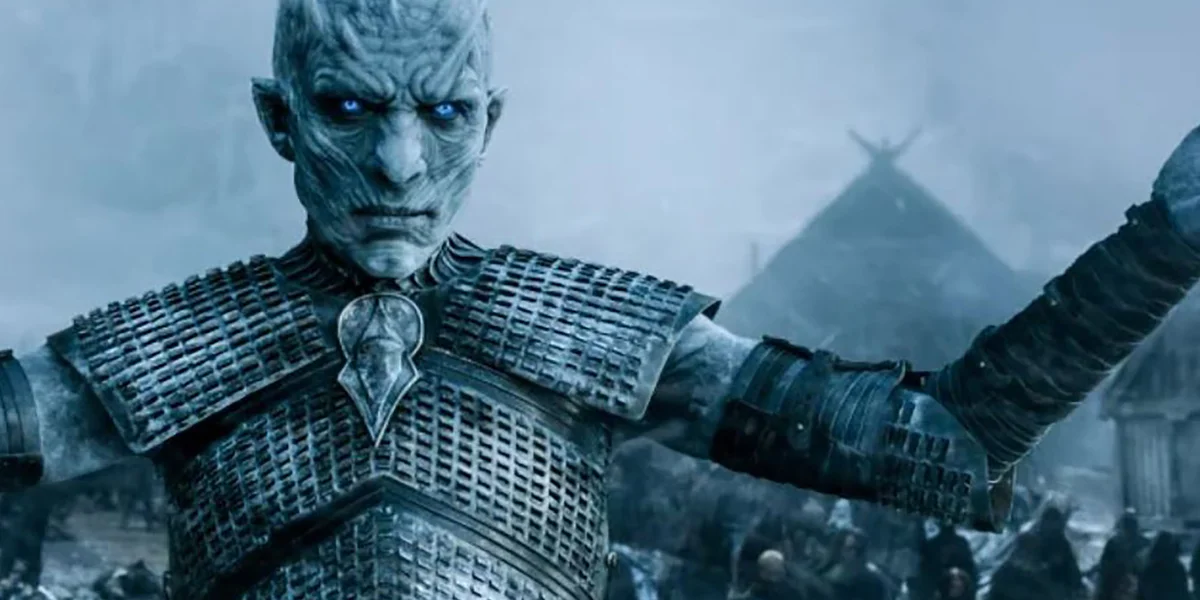In the annals of fantasy literature and television, few tales have ignited the imagination quite like “Game of Thrones.” At its core, this epic saga embodies the elemental forces of fire and ice, weaving a tapestry of intrigue, betrayal, and redemption against the backdrop of a world in turmoil.
“Fire and Ice: The Epic Saga of Game of Thrones” transports viewers to the richly detailed realm of Westeros, a land shaped by the contrasting powers of fire and ice. From the fiery depths of Dragonstone to the icy expanse of the Wall, the elemental motifs of the series are as palpable as the characters who inhabit them.
At the heart of the narrative is the impending clash between fire and ice, represented respectively by the fiery dragons of House Targaryen and the icy White Walkers beyond the Wall. This dichotomy serves as a metaphor for the broader themes of power and conflict that drive the story forward, as rival factions vie for control of the Seven Kingdoms.
Yet, amidst the epic battles and political maneuverings, “Fire and Ice” is also a deeply human story, populated by characters who grapple with their own inner demons and moral dilemmas. From the noble Stark family to the cunning Lannisters, from the exiled Targaryens to the enigmatic Jon Snow, each character embodies the complex interplay of fire and ice within themselves.
But perhaps the most compelling aspect of “Fire and Ice” is its exploration of the gray areas between good and evil. In the world of Westeros, few characters are purely heroic or villainous; instead, they inhabit a morally ambiguous landscape where loyalty and betrayal often go hand in hand. This nuanced portrayal of human nature is what elevates “Game of Thrones” beyond mere fantasy and into the realm of timeless storytelling.
As viewers journey through the epic saga of “Fire and Ice,” they are reminded that the forces of fire and ice are not just external threats to be vanquished, but internal struggles to be confronted. Whether it’s the fiery passion of Daenerys Targaryen or the icy resolve of Jon Snow, each character must confront their own inner demons in order to emerge victorious in the game of thrones.
In the end, “Fire and Ice: The Epic Saga of Game of Thrones” is more than just a story about power and conflict—it’s a reflection of the elemental forces that shape our world, both within and without. And as we bid farewell to this iconic series, we are reminded that the flames of passion and the chill of darkness will continue to burn bright in the hearts of fans for generations to come.





